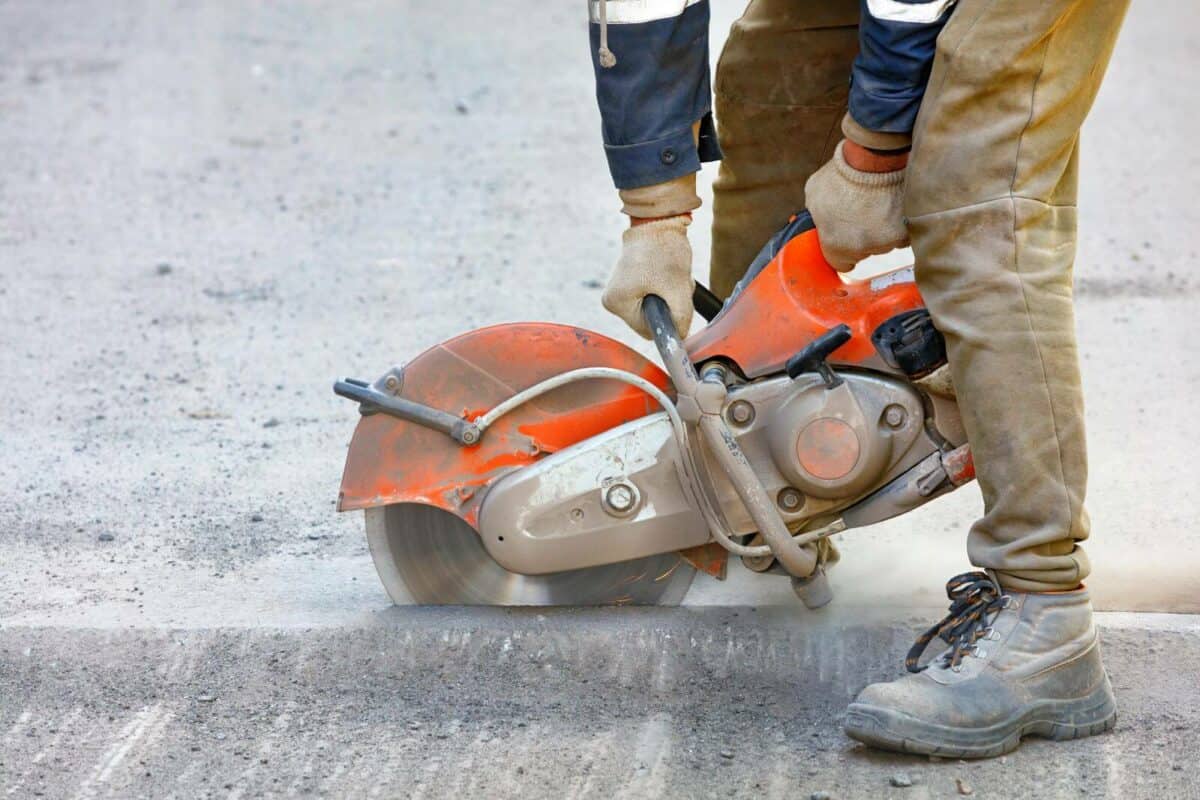- Volunteering for Hearing Health Causes - May 27, 2025
- Questions to Ask During Your Hearing Health Appointment - May 16, 2025
- Exploring Alternative Therapies for Hearing Loss - May 6, 2025
Working 9 to 5 can be hard sometimes. Even if you love what you do, it seems like morning comes all too fast sometimes and it’s time to clock in again. A lot of us must work to make sure we have food, shelter and even some extra cash to enjoy ourselves every now and then, but that doesn’t mean we have to put our health at risk. No matter your profession, it is important to be aware of the decibel level at work. If you are exposed to noise even a little over a safe listening threshold each day, it can build up into lifelong hearing loss.
Understanding Noise Induced Hearing Loss
So, what is a decibel anyway? Well, it’s a measurement of the loudness or volume of sound. Under a safe listening threshold, we can listen indefinitely without having to worry about our hearing health. However, past this point the decibels can become severe enough to vibrate the tiny cells of the inner ear so violently that they become damaged or destroyed. These cells, called stereocilia, are the sole delivery system of audio information to the brain and as they become depleted you may experience the loss of certain sounds, making it difficult to follow everyday conversations.
How Loud Is Too Loud?
While the Centers for Disease Control warns that sound over 70 dBA for 24 hours or more can cause heightened stress levels which can impact health long term, any sound over 85 dBA can cause permanent hearing damage. It is not only the level of sound to be aware of but the length of exposure as well. We can listen to 85 dBA for 8 hours before damage begins, however, as the decibel level rises the exposure time becomes less. In fact, for every increase of three decibels past 85 dBA, the exposure time is cut in half. At 88 dBA it only takes 4 hours and at 91dBA it occurs in 2. By the time sounds reach 95 dBA damage can occur in under an hour!
The American Work Shift
The average work shift in the US is 8 hours, though many opt for overtime to make extra money for their family or salary in which you may find yourself working as many hours as possible to complete your job each week. For many people in the United States, their job defines them and gives them a sense of purpose, while others are simply getting by to pay rent, and have enough to feed and clothe them and their families. These extended hours also create an instance where the possibility exists where you may be exposed to dangerous levels of noise for extended amounts of time. While the Occupational Safety and Health Administration (OSHA) monitors the sound in your working environment it is important to take your hearing health into your own hands. OSHA mandates that hearing protection must be offered to employees at no cost to their own. However, it is up to you to make sure you wear it every time you are exposed to loud levels of noise and that they are worn correctly.
Loud Professions
When entering a job site, some workplaces are immediately evident as dangerously loud places of business. Commonly construction sites and manufacturing plants are known for their loud levels of noise and ear protection is a standard part of a working environment. However, there are other instances you may not expect would damage your hearing. When you are less prepared is the perfect moment where you risk damaging your hearing permanently.
If you feel like you need to cup your ears to hear someone or raise your voice to speak to someone 3 feet away or less, it is likely that the level of sound is too loud to not be protecting your hearing. Other commonly loud professions include law enforcement, emergency responders, military, nightlife, entertainment, and agriculture. Even so, some office environments with multiple conversations happening throughout the day can build up into lifelong hearing loss.
Testing for Hearing Loss
Do you worry you have a hearing loss?! You may have damaged your hearing at work and not even know it yet. The sooner you know you have a hearing loss the sooner you can seek the treatment you need. Contact us today to schedule your next hearing exam with us.

